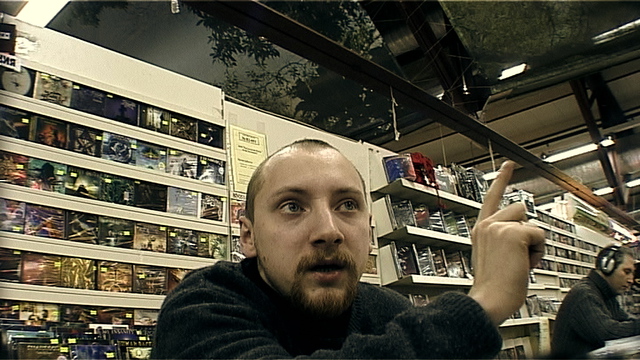Notes on the Future of Activism
Contemporary activism begins from the realization that for the first time in history, a synergy of catastrophes face us. Our physical environment is dying, our financial markets are collapsing and our culture, fed on a diet of junk thought, is atrophying -- unable to muster the intellectual courage to face our predicament.
Read
